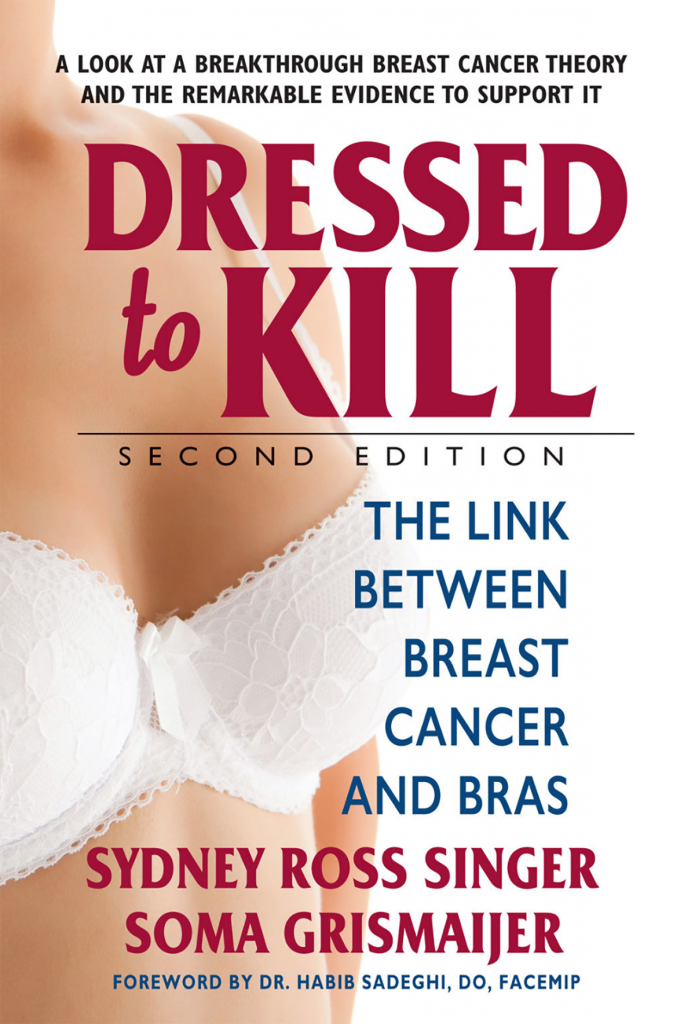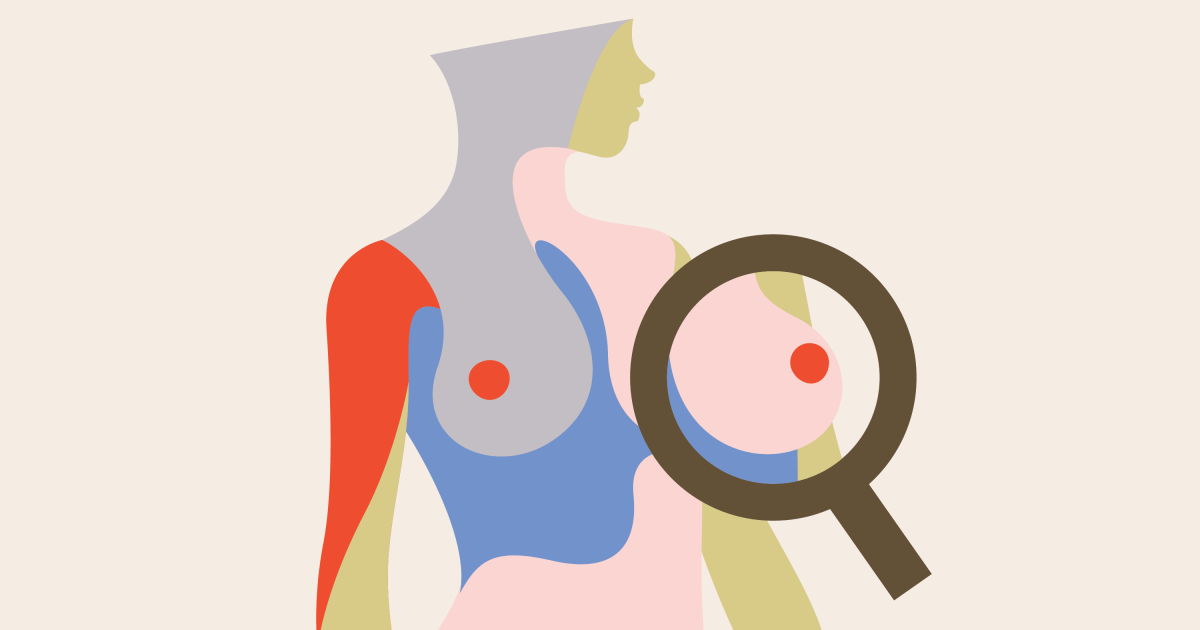No, Wearing a Bra to Bed Doesn't Increase Your Risk of Breast Cancer
- It's been debunked many times, but women are still asking whether wearing a bra to bed can increase the risk of developing breast cancer. The answer is no.
- The myth started in 1995 when Sydney Ross Singer and Soma Grismaijer wrote a book called Dressed to Kill that claims women who wear underwire bras for 12 hours a day have a "much higher risk" of developing breast cancer than women who don't wear bras.
- However, according to the American Cancer Society, there's no evidence that this assertion holds any truth.
The answer is no!
Read More
However, according to the American Cancer Society, there's no evidence that this assertion holds any truth; "in reality, body fluids travel up and into the underarm lymph nodes, not towards the underwire," the National Center for Health Research website states.
"Similarly, there is no sufficient evidence that going braless will help reduce your risk of developing breast cancer."
So, ladies, feel free to wear that bra, or don't! There's no greater risk of developing breast cancer either way.
What Increases Your Risk for Breast Cancer?
So, if wearing a bra doesn’t increase your risk of developing breast cancer, what are the risk factors?
Risk factors are things that make a person more likely to get breast cancer. They don't mean you'll definitely get this cancer, only that you're slightly more likely to be diagnosed. Being aware of your risk factors can help you stay on top of screenings, to find breast cancer early if it does develop.
Risk Factors for Breast Cancer
According to SurvivorNet medical experts, you're more likely to develop breast cancer if you have one or more of these risk factors:
- You're older: Your risk for this cancer rises the older you get.
- You have a gene mutation: Some women inherit changes to genes like BRCA1 or BRCA2, which increase their risk for breast cancer. Genetic tests can find these changes early, acting as an early warning for women to take preventive steps.
- You were exposed to estrogen for longer: Estrogen is a hormone that helps some breast cancers grow. Getting your period early (before age 12) or starting menopause late (after age 55), increases your exposure to this hormone.
- You waited to have children: Your risk may be higher if you waited to have children until after age 30, or you never gave birth.
- You were exposed to radiation: Being exposed to radiation early in life for example, during treatment for a cancer like Hodgkin's lymphoma can increase your risk of breast cancer later in life.
- You have a family or personal history of breast cancer: Having cancer in your family, or going through treatment yourself, can make you more likely to be diagnosed.
Contributing: SurvivorNet staff reports
Learn more about SurvivorNet's rigorous medical review process.


